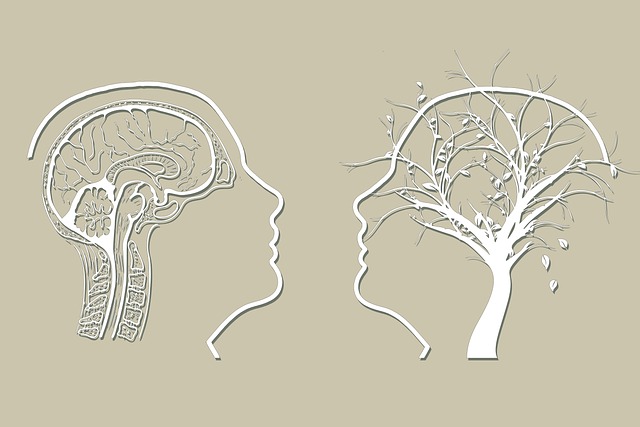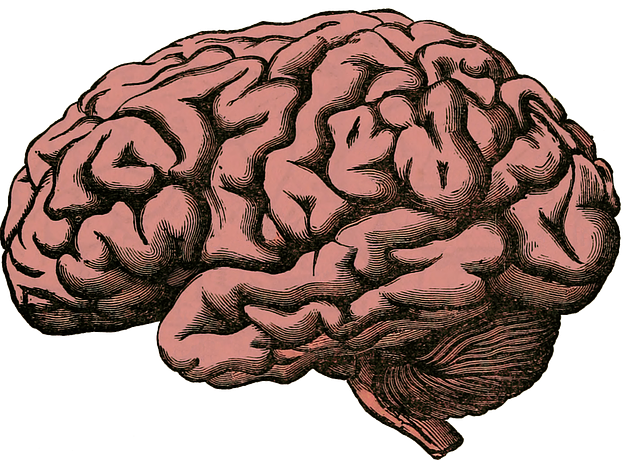Highlands Ranch Interpersonal Issues Therapy relies on comprehensive mental health data analysis, integrating advanced techniques to understand complex interpersonal patterns. Therapists meticulously collect and categorize data from diverse sources, considering cultural sensitivity and context for effective treatment. They use sophisticated algorithms and machine learning models to identify communication dynamics, conflict resolution strategies, and emotional connections, guiding personalized therapy plans. By combining this with policy analysis and advocacy, they facilitate early intervention and develop targeted Mental Health Education Programs, reducing stigma and promoting healthier relationships through community support networks.
Mental health data analysis is a powerful tool for understanding and improving therapeutic outcomes in Highlands Ranch. This article delves into the process of interpreting mental health data, focusing on interpersonal patterns as key indicators. We explore effective strategies for collecting, organizing, and preparing data, highlighting advanced techniques to uncover meaningful insights. By examining these methods, therapists can enhance their practice, tailoring therapy applications to better address interpersonal issues in this community.
- Understanding Mental Health Data: Collect, Organize, and Prepare
- Advanced Techniques for Analyzing Interpersonal Patterns
- Interpreting Results: Strategies for Effective Therapy Applications in Highlands Ranch
Understanding Mental Health Data: Collect, Organize, and Prepare

Understanding Mental Health Data is a critical first step for any therapeutic endeavor, especially when addressing complex issues like interpersonal dynamics in Highlands Ranch Interpersonal Issues Therapy. Collect data meticulously, ensuring it’s comprehensive and includes various sources such as patient self-reports, clinical observations, and structured interviews. Organize this data with care, establishing clear categories and labels to reflect the nuances of mental health experiences. This involves careful consideration of factors like age, gender, cultural background, and unique personal histories – aspects that can significantly influence both the presentation of symptoms and therapeutic responses.
Prepare the data for analysis by cleaning it, dealing with missing values, and addressing potential biases. Consider using specialized software tools designed for mental health research to facilitate this process. For instance, a Mental Wellness Journaling Exercise Guidance can be employed to structure reflective entries, providing rich qualitative data that requires careful coding and interpretation. Additionally, cultivating cultural sensitivity in mental healthcare practice is paramount. This involves understanding the impact of cultural context on perceptions of mental health, therapeutic communication, and treatment preferences – ensuring inclusive and effective Highlands Ranch Interpersonal Issues Therapy.
Advanced Techniques for Analyzing Interpersonal Patterns

In the realm of mental health data analysis, Advanced Techniques for Analyzing Interpersonal Patterns play a pivotal role in understanding Highlands Ranch Interpersonal Issues Therapy. By employing sophisticated algorithms and machine learning models, researchers can uncover intricate relationships within social interactions that contribute to various mental health outcomes. This involves delving into the dynamics of communication, conflict resolution, and emotional connections, offering insights crucial for personalized treatment plans.
These techniques extend beyond mere data mining; they foster a holistic perspective on burnout prevention and cultivating positive thinking. Through detailed Mental Health Policy Analysis and Advocacy, informed decisions can be made to enhance support systems and services. By recognizing patterns indicative of potential crises, mental health professionals can intervene early, ensuring individuals receive the necessary assistance before interpersonal issues escalate, thereby significantly impacting overall well-being.
Interpreting Results: Strategies for Effective Therapy Applications in Highlands Ranch

When analyzing mental health data for Highlands Ranch Interpersonal Issues Therapy applications, therapists must employ strategic interpretation techniques to ensure effective treatment. This involves a nuanced understanding of individual client profiles and the ability to identify patterns within the collected data. By carefully examining trends in symptoms, behaviors, and responses to therapy, practitioners can tailor their approaches to meet unique needs. For instance, identifying common coping mechanisms or interpersonal dynamics at play can guide therapists in designing personalized Mental Health Education Programs that empower clients with practical skills.
Moreover, leveraging public awareness campaigns developed around mental health topics relevant to Highlands Ranch communities can facilitate open dialogue and reduce stigma. This collective effort not only enhances the effectiveness of therapy but also encourages Coping Skills Development through shared understanding and support networks. Such integrated strategies ensure a holistic approach, fostering healthier interpersonal relationships and improved well-being within the community.
Mental health data analysis is a powerful tool that can significantly enhance therapy outcomes, especially in addressing interpersonal issues in Highlands Ranch. By understanding and interpreting complex datasets, professionals can tailor therapy applications to meet the unique needs of their clients. Advanced techniques for analyzing interpersonal patterns provide valuable insights into client behaviors, enabling therapists to make informed decisions. Through strategic data interpretation, therapists in Highlands Ranch can offer more effective and targeted interventions, ultimately improving the lives of those seeking support for their interpersonal issues.














